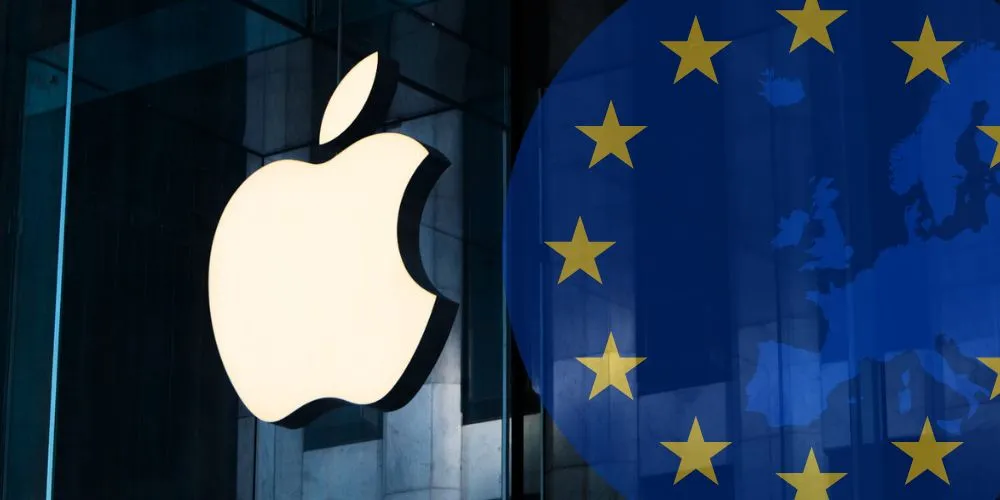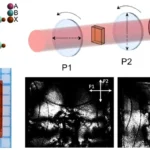Key Points:
- Following a four-year EU antitrust investigation, Apple agrees to open its tap-and-go mobile payments system to competitors.
- Apple faces three investigations under the DMA, which mandates fair competition and user choice.
- Developers can now access Apple’s NFC technology. European developers can enable various tap-and-go payment functionalities within iOS apps.
- Apple was fined €1.84 billion in March for anti-competitive App Store practices. Microsoft’s recent antitrust settlement with CISPE has a positive outcome.
Apple Inc. has agreed to open its tap-and-go mobile payments system to competitors, announced EU antitrust chief Margrethe Vestager on Thursday. This decision comes amidst ongoing scrutiny under the Digital Markets Act (DMA), which aims to level the playing field for rivals and provide users with more choices.
The company is currently under three separate investigations for potential breaches of the DMA. Vestager highlighted that Apple’s App Store rules were found to violate the DMA last month, and new contractual terms for app developers and rival app stores have also been investigated. Despite these findings, Apple has not yet changed its business practices.
“What I can say so far is that we have not seen a change in behaviour on Apple’s side when it comes to our preliminary findings,” Vestager stated during a press conference. “I would have hoped so because I think it will be beneficial for consumers and customers and of course respectful to the legislator to discuss in depth what would be expected from gatekeepers,” she added.
In a separate announcement earlier on Thursday, Vestager revealed that Apple has proposed to open its tap-and-go mobile payments system to rivals, concluding a four-year investigation that could have resulted in significant fines. The European Commission, acting as the EU antitrust enforcer, accepted Apple’s offer, which will remain valid for ten years. Currently, more than 3,000 banks and issuers in Europe offer Apple Pay.
“From now on, Apple can no longer use its control over the iPhone ecosystem to keep other mobile wallets out of the market,” Vestager said. Apple’s tap-and-go technology, known as near-field communication (NFC), facilitates contactless payments with mobile wallets. With this change, developers can now access NFC to build payment apps for rival mobile wallet providers.
Apple’s offer will allow European developers to enable tap-and-go payments for various uses, including car keys, closed-loop transit, corporate badges, home keys, hotel keys, merchant loyalty/rewards, and event tickets, within their iOS apps. Norwegian mobile payment app Vipps MobilePay, which had previously complained about Apple Pay, welcomed the company’s concessions, stating that it provides an opportunity to compete on equal terms with Apple and other providers.
In March, Apple was fined 1.84 billion euros, its first EU antitrust penalty, for hindering competition from Spotify Technology S.A. and other music streaming services through restrictive App Store policies. Regarding Microsoft’s recent settlement with the cloud services organization CISPE to resolve an antitrust complaint and prevent an EU investigation, Vestager commented, “I think it’s a promising outcome.”





